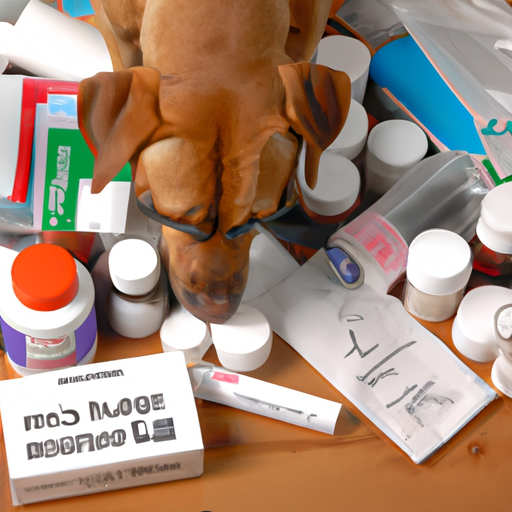The remarkable olfactory abilities of dogs are well-documented. From tracking scents to detecting diseases, dogs rely on their noses to interpret the world. But have you ever wondered if there are certain substances or drugs that dogs cannot smell? This article will delve into that question, exploring the limits of a dog’s sense of smell, the reasons behind it, and how it impacts their training and roles in drug detection.
- Key Takeaways
- Dogs have a remarkable sense of smell but there are certain substances they cannot detect.
- The limitations of a dog’s sense of smell are due to biological reasons.
- Understanding these limitations is essential for training dogs, especially drug-sniffing dogs.
Table of Contents
- The Science of a Dog’s Sense of Smell
- Substances Dogs Cannot Detect
- Implications for Drug Detection
- Limitations and Controversies
- Frequently Asked Questions
The Science of a Dog’s Sense of Smell
Dogs possess an extraordinary sense of smell, far superior to humans. They have up to 300 million olfactory receptors in their noses, in stark contrast to about six million in humans. Moreover, the part of their brain that analyzes smells is about 40 times greater than ours, proportionally speaking. This combination allows dogs to smell things we cannot even begin to imagine.
However, just like any other living creatures, dogs also have their limitations. What are they? Let’s explore.
Substances Dogs Cannot Detect
Despite their superior olfactory ability, there are certain substances that dogs cannot detect. Why? It’s for biological reasons. Dogs, like humans, are limited in what they can smell based on the structure of their olfactory receptors. Anything that doesn’t fit into these receptors will go unnoticed. This is similar to how we can’t see certain colors that are outside our visual spectrum.
For example, dogs have difficulty detecting some synthetic substances, such as certain types of plastic. This is why drug traffickers often use plastic containers to transport illegal substances. Dogs also struggle to identify specific chemicals that don’t have a strong odor or that are masked by other, stronger scents.
For a more detailed explanation, be sure to check this scientific study regarding the olfactory capabilities of dogs.
Implications for Drug Detection
Understanding the limitations of a dog’s sense of smell is crucial for their training, especially for drug-sniffing dogs. These dogs are not trained to detect every single type of drug, but rather specific categories of drugs that have unique odors which they can identify.
For instance, dogs can be trained to detect marijuana, cocaine, heroin, methamphetamines, and ecstasy. However, they usually can’t smell certain synthetic drugs such as fentanyl, a powerful opioid that has been a significant concern in the recent opioid crisis.
Training a dog to detect drugs is a complex process. You can read more about it on this informative page from OneTopDog.
Limitations and Controversies
While dogs are highly effective at detecting many types of drugs, they aren’t infallible. Their effectiveness can be impacted by a variety of factors, including the dog’s health, the training methods used, and the presence of other strong scents.
In addition, there’s ongoing debate about the use of drug-sniffing dogs, especially in relation to privacy rights and potential for false positives. A dog’s inability to communicate specifically what they’re smelling can lead to controversy and legal challenges.
For more on the ethics and legal considerations of dog-based drug detection, visit this insightful article.
Frequently Asked Questions
-
What drugs can dogs not smell?
Dogs struggle to detect certain synthetic drugs such as fentanyl and some types of plastic containers used in drug trafficking. -
Can dogs detect all types of drugs?
No, dogs can only detect specific categories of drugs that have unique odors which they can identify. -
Are drug-sniffing dogs always accurate?
No, their effectiveness can be impacted by a variety of factors, including the dog’s health, the training methods used, and the presence of other strong scents.
In conclusion, while dogs have an extraordinary sense of smell, they do have limitations. Understanding these limitations is crucial, particularly in the training and deployment of drug-sniffing dogs. For more information on the fascinating world of dogs and their incredible capabilities, check out OneTopDog’s resource page.



